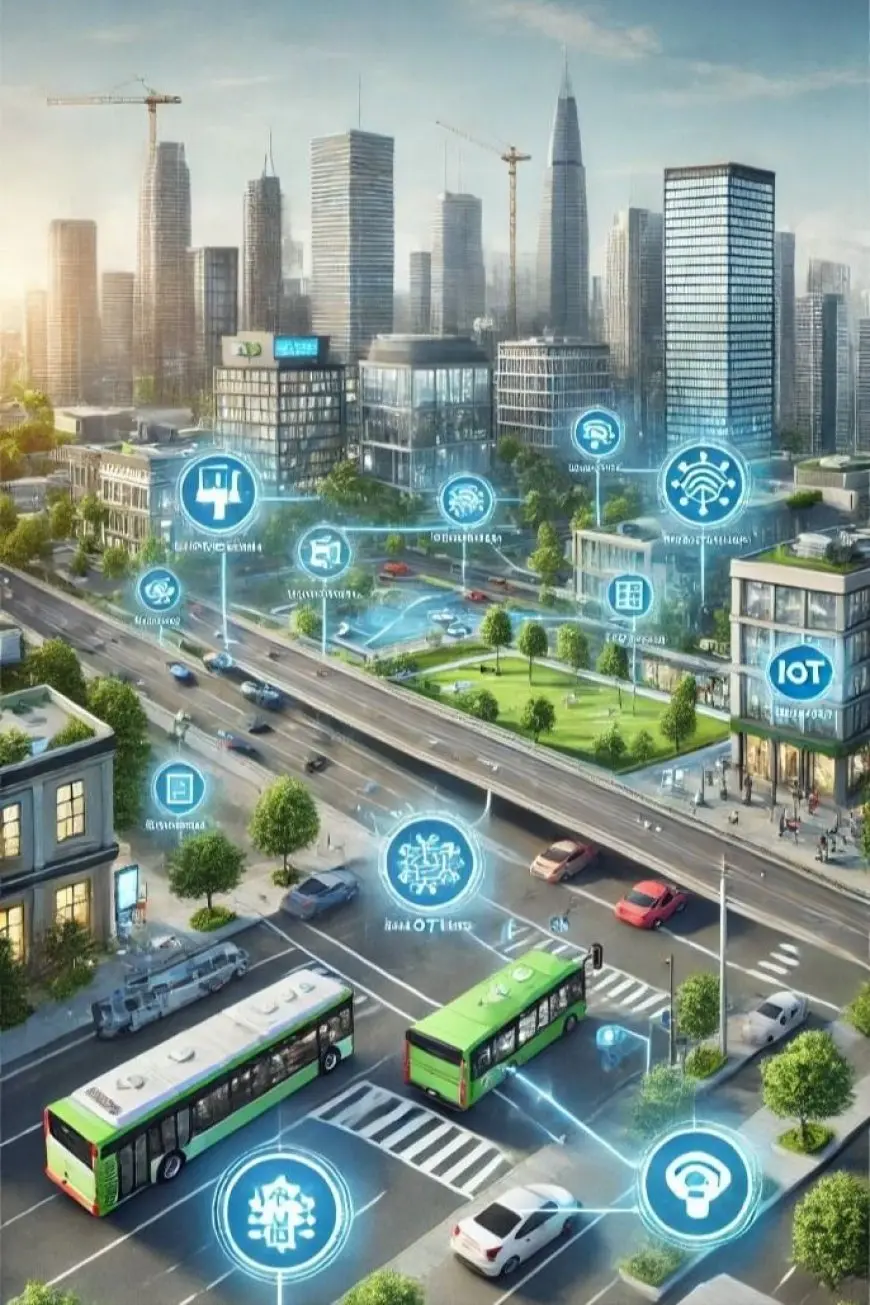"The Evolution of Smart Cities and Their Benefits"
"The Evolution of Smart Cities and Their Benefits"

Smart cities represent a transformative approach to urban living, leveraging advanced technology to improve the quality of life for residents while addressing the challenges of urbanization. Over time, the concept of smart cities has evolved from simple automation to comprehensive systems that integrate digital technology into every aspect of urban planning and management.
Initially, the focus was on isolated solutions, such as traffic management systems or energy-efficient buildings. However, as the technology matured, cities began to adopt interconnected systems that communicate and adapt in real-time. This integration has been driven by advances in artificial intelligence, the Internet of Things (IoT), and big data analytics. Smart cities now encompass a wide array of services, including smart transportation, healthcare, education, and sustainable energy management.
One of the core benefits of smart cities is their ability to enhance urban sustainability. By optimizing resource use, reducing waste, and promoting renewable energy, these cities are tackling environmental challenges with innovative solutions. For instance, smart grids can efficiently manage electricity distribution, while intelligent waste management systems streamline collection and recycling processes.
Smart cities also prioritize improving public services. Advanced sensors and real-time data collection allow city administrations to monitor infrastructure, predict maintenance needs, and address issues proactively. This ensures safer and more reliable public spaces for residents. In addition, smart technologies in healthcare, such as telemedicine platforms and wearable health devices, make medical services more accessible and efficient.
Another significant advantage is the improvement of urban mobility. Smart transportation systems, including autonomous vehicles and real-time public transport tracking, reduce congestion and make commuting more efficient. These systems also support eco-friendly travel options like electric buses and bike-sharing programs, encouraging greener habits among citizens.
Safety is another critical area where smart cities excel. Intelligent surveillance systems, emergency response technologies, and predictive analytics contribute to crime prevention and faster disaster management. This fosters a secure environment for residents and visitors alike.
While the benefits of smart cities are undeniable, their development also brings challenges. Issues such as data privacy, cybersecurity, and the need for substantial initial investments must be addressed to ensure their successful implementation. Public-private partnerships and inclusive policymaking are essential in overcoming these obstacles and ensuring equitable access to smart city technologies.
In conclusion, the evolution of smart cities has transformed urban areas into dynamic ecosystems that prioritize sustainability, efficiency, and quality of life. As technology continues to advance, the potential for smart cities to address global urban challenges becomes even more promising, paving the way for a future where technology and humanity coexist harmoniously.







